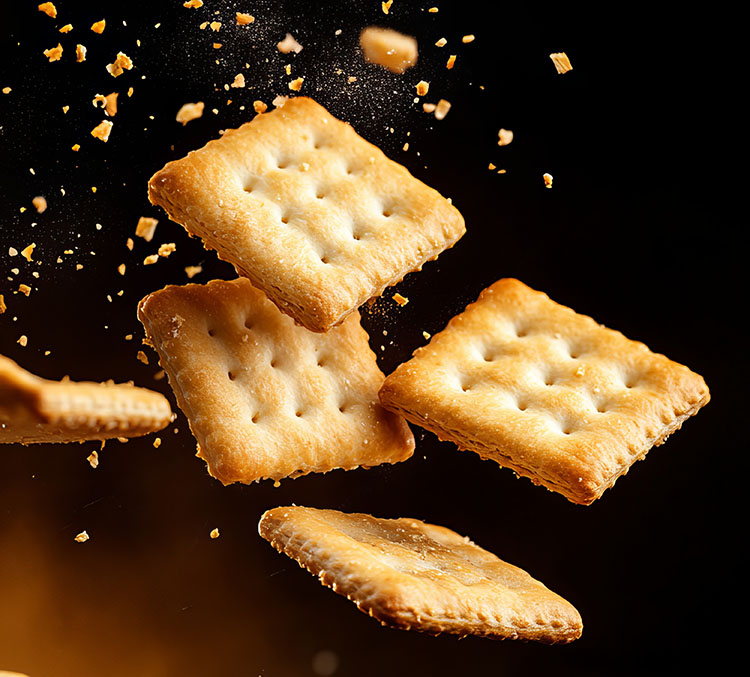
Two-stage mixing takes center stage
Two-stage batch mixing brings multiple advantages to industrial-scale baking. Two-stage batch mixing is especially suited to long-fermentation doughs, where structure and flavor are needed.
Two-stage batch mixing brings multiple advantages to industrial-scale baking. Two-stage batch mixing is especially suited to long-fermentation doughs, where structure and flavor are needed.
Fully automating kneading and mixing is an ambitious endeavor, given the complexity of the process, and the diversity of raw ingredients.
Visitors can expect demonstrations of a wide range of production methods for the processing of dough and many other fluid, viscous, firm, or chunky products.
To maximize the benefits of automating bread slicing and bagging, industrial bakeries need to keep their customization options open. Aside from processing speed and reliability, flexible and easy adjustable equipment is a must.
Reading Bakery Systems (RBS) introduced a new advanced Thomas L. Green WCX Wirecut Machine that provides more product flexibility, control, better safety features and easier sanitation than previous designs.
Continuous mixers allow for all parameters to be constantly monitored and saved digitally, including ingredient stream rates, dough temperature, mixing energy input, throughput, mixer shaft speed, coolant temperatures, starts and stops, ingredient refill status, ingredient totalizers, dough totalizers, and many others.
Automated continuous mixing delivers real-time process assessment and consistency round the clock.
Requirements stemming from the product characteristics, the manufacturing needs, the facility and equipment line-up will influence how continuous mixing and kneading should be set up.
A continuous kneading and mixing process ensures all types of ingredients are mixed and kneaded in the optimum sequence to produce the desired product with consistent characteristics while saving time, resources and minimizing waste.
There are both automatic and manual solutions for cookie production.
Albert Handtmann Maschinenfabrik GmbH & Co. KG, Biberach/Riss, offers various processes.
JAC, a manufacturer of bread cutting/slicing machines and dough processing plants, invested several million Euro in a new production facility in Lüttich, Belgium, in 2019.
“Do not disturb!” – tersely worded, admittedly, but it puts in a nutshell the demands placed on slicing machines, especially when used in branches: they must be coordinated with the shop-fittings or in a trendy black housing, occupy little space, do their job reliably, hygienically, safely and quickly, and require little maintenance.

